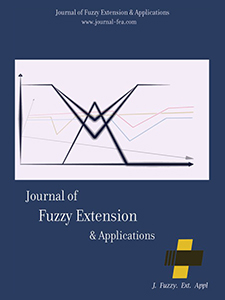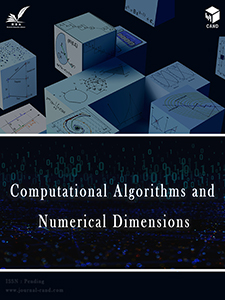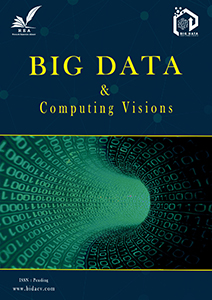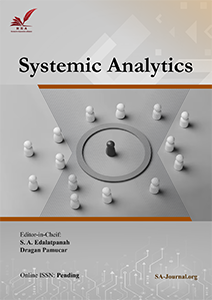About the Journal
Optimality is an esteemed international peer-reviewed journal dedicated to fostering innovation and excellence across a comprehensive spectrum of domains unified by the common thread of optimal principles. The journal aims to publish high-quality scientific papers that significantly contribute to the understanding, advancement and practical application of optimization and optimal solutions. Optimality's scope encompasses a diverse array of both conventional and cutting-edge domains, including but not limited to:
-
Mathematical Programming: Unveiling the theoretical foundations and practical applications of mathematical optimization, including linear programming, integer programming, nonlinear programming, and convex optimization. The journal welcomes research that pushes the boundaries of mathematical techniques to solve complex optimization problems.
-
Operations Research: Exploring the optimal allocation of resources, decision-making processes, and problem-solving in complex systems. Topics include network optimization, scheduling, transportation, supply chain management, and applications in logistics and engineering.
-
Numerical Optimization: Advancing the field of numerical methods for optimization, including algorithms for unconstrained and constrained optimization, gradient-based and derivative-free methods, and global optimization strategies.
-
Artificial Intelligence (AI): Investigating the intersection of AI and optimization techniques to enhance decision-making, learning, and problem-solving across industries. Topics include optimization-driven machine learning, evolutionary algorithms, neural network optimization, and AI-assisted decision support.
-
Design Optimization: Unveiling the synergy between optimization methods and design innovation in engineering, architecture, and product development. The journal covers research on optimal designs, shape optimization, topology optimization, and multidisciplinary design optimization.
-
Multi-Objective Optimization: Delving into the complexities of optimizing multiple conflicting objectives, is a critical challenge in various fields. Papers cover Pareto optimality, evolutionary multi-objective optimization, trade-off analysis, and applications in sustainable development.
-
Game Theory and Decision Analysis: Exploring the applications of optimal strategies in game theory, cooperative and non-cooperative games, mechanism design, and decision analysis. This includes exploring equilibrium concepts, Nash equilibria, and applications in economics, politics, and social systems.
-
Hot Topics and Cutting-Edge Knowledge: Highlighting emerging trends and breakthrough research in the realm of optimization. This includes exploring novel methodologies, breakthrough algorithms, and innovative applications that push the boundaries of optimal thinking.
-
Interdisciplinary Collaboration: Emphasizing the value of interdisciplinary collaboration and problem structuring methods in navigating complex real-world challenges. This includes stakeholder engagement, participatory methods, and interdisciplinary approaches that leverage optimal strategies in diverse contexts.
Optimality serves as a platform for disseminating impactful research that bridges the gap between these diverse conventional and cutting-edge domains, fostering cross-disciplinary collaboration and driving innovation. By advancing optimal thinking, computational intelligence, and state-of-the-art algorithms, the journal aims to contribute to the advancement of knowledge and the practical application of optimal solutions in various fields.
Publication Frequency: Optimality publishes two online issue per year. Processed and accepted papers, complete with full bibliographic data, are continually added to the issue throughout the year.
Open Access: Optimality is an open-access journal, ensuring that all content is freely accessible to users and institutions. Readers have the freedom to read, download, copy, distribute, print, search, and link to the full texts of articles without prior permission from the publisher or the author.
eISSN (Online): 3042-0199
Publication Fee: Free of charge.
Publishers: Research Expansion Alliance
 Metrics
Metrics



